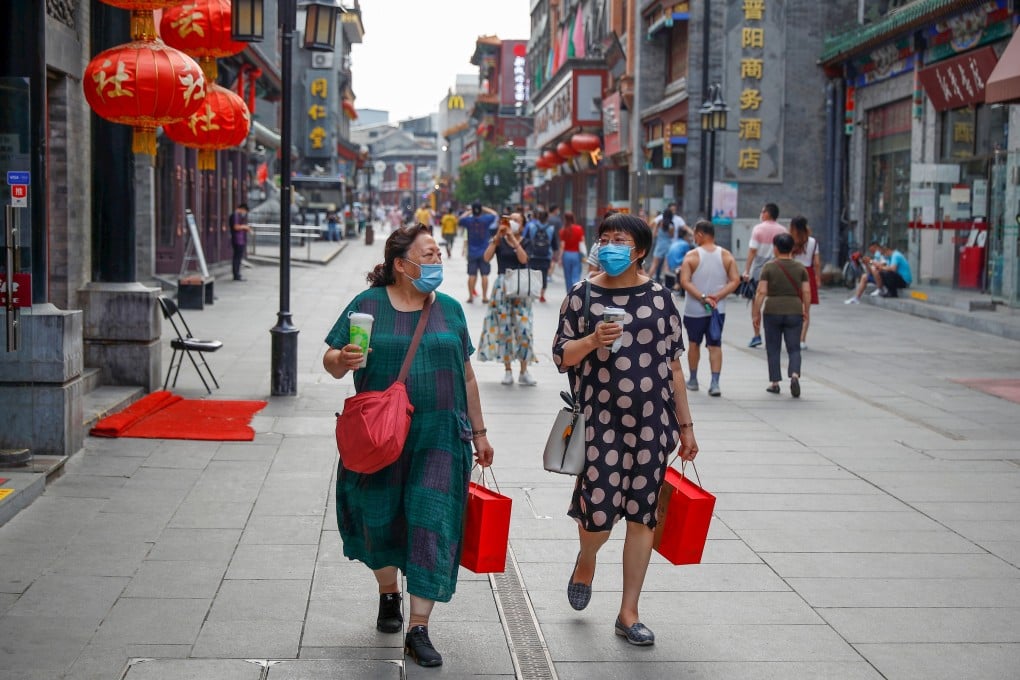What China’s pivot towards economic self-sufficiency means
- As global headwinds grow, China has turned its attention inward to focus on domestically driven economic growth
- This will come at the expense of efficiency and accelerate deglobalisation, but it’s a price Beijing is willing to pay

When Chinese Vice-Premier Liu He first talked about the concept of “dual circulation” in his keynote speech at the Lujiazui Forum in mid-June, few had any idea what he was referring to. “A new dual-cycle pattern, which is dominated by the domestic economic cycle and facilitated by the cycle between China and overseas countries, is taking shape,” Liu said.
Those familiar with the Chinese political system would be aware that a new term appearing on the top-level agenda probably signals a change of strategy.
To make more credit available for technology and industrial upgrading, the authorities have reiterated their resolve to curb property speculation. In the past two decades, the housing sector has attracted many investors seeking capital gains, crowding out financing for manufacturers and small firms.
